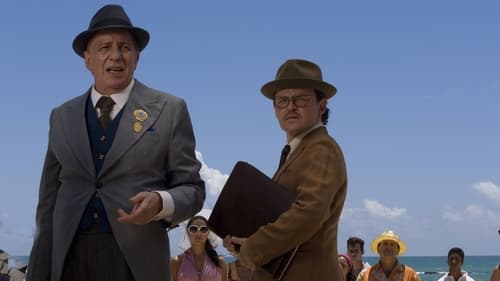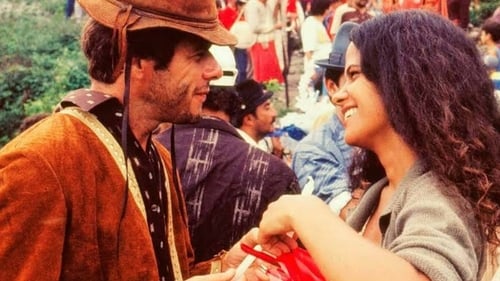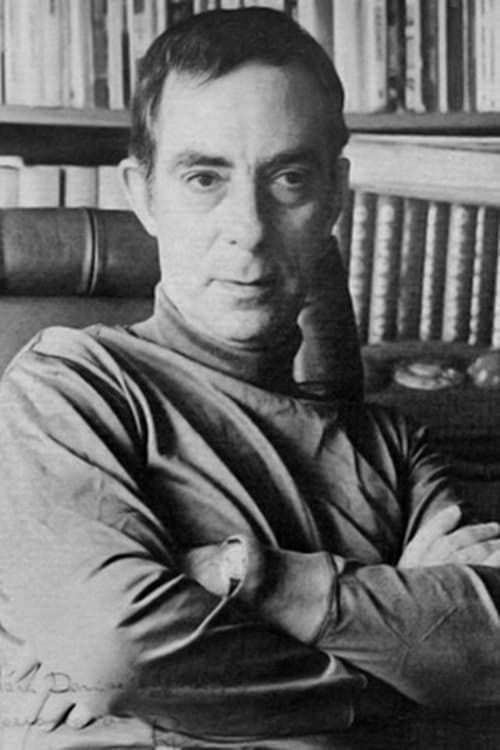Dias Gomes
Birth : 1922-10-19, Salvador, Bahia, Brazil
Death : 1999-05-18
History
Alfredo de Freitas Dias Gomes, better known by the surname Dias Gomes was a novelist, playwright, soap opera author and member of the Brazilian Academy of Letters. Also known for his marriage to also writer Jenete Stocco Emmer (Janete Clair).

Original Story
Based on the homonymous work of Dias Gomes , The Well Beloved tells the story of the mayor Paraguassu Odorico, whose primary goal in his administration in the city of Sucupira is the inauguration of a cemetery. One side is supported by the sisters Cajazeiras. On the other, he has to fight against strong opposition led by Vladmir, owner of rag city. For lack of a corpse, the mayor can never accomplish his goal. Not even the arrival of Ernesto - a dying man who does not die - and hiring Zeca Diabo, a bandit killer, provide him with the realization of his dream. Odorico gun situations for someone to die, but the first body to be buried in Sucupira may be the mayor himself, that the hunter becomes the hunted and goes from villain to martyr.

Self
The life of a famous Brazilian film and television actor, including testimonials from people who knew him and worked with him, as well as excerpts from films and videos in which he acted.

Writer
Adaptation of the series shown in 1988. The humble farmer Zé do Burro makes a promise to Santa Bárbara to save his donkey Nicolau from death. The payment is to carry a heavy cross from the interior of Bahia to a church in Salvador. When you reach the steps of the church, with injured shoulders, you have to deal with the incomprehension of a conservative priest. Author: Dias Gomes.

Screenplay
The 20 episode miniseries edited into a 141 minute TV film. The beautiful Flor marries Vadinho and soon finds out he's spending all their money on gambles and has mistresses all over the city. Vadinho suddenly dies while partying during Carnival, and Flor, left helpless and full of debts, ends up marrying Teodoro, who's the exact opposite of her late husband.

Self
Beyond Citizen Kane (1993) is a British documentary film directed by Simon Hartog, produced by John Ellis, and broadcast on Channel 4. It details the dominant position of the Rede Globo media group in the Brazilian society, discussing the group's influence, power, and political connections.[2] Globo's president and founder Roberto Marinho came in for particular criticism, being compared with fictional newspaper tycoon Charles Foster Kane, created by Orson Welles for the 1941 film Citizen Kane. According to the documentary, Marinho's media group engages in the same Kane wholesale manipulation of news to influence the public opinion.

Writer
Adaptation of the series shown in 1992. A sequence of crimes in the same style intrigue: a man walks with a woman on the beach; she dresses as a bride and is brutally strangled in the middle of the act of love. To prove the authorship of the crimes is the great challenge of detective France. Written by: Dias Gomes, Ferreira Gullar and Marcílio Moraes.

Original Story
Two friends get rich running an illegal gambling business. But soon they start to compete, and become rivals.

Writer
Fleeing from the orphanage where he was living, young Valdo immediately entered the life of the crime, establishing himself as a dangerous adult criminal. However, his petty thefts do not satisfy him and he longs for bigger things and when he becomes a lover of Beth, the young criminal realizes that he can enrich himself very and very fast.

Screenplay
Zé is a very poor man whose most prized possession is his donkey. When his donkey falls terminally ill, Zé makes a promise to Saint Bárbara: If his donkey recovers, he will carry a cross - like Jesus - all the way from his city to Saint Bárbara's church, in the state capital. Upon the recovery of his donkey, Zé leaves on his journey. He makes it to the church, but the priest refuses to accept the cross once he discovers the context of Zé's promise.

Theatre Play
Zé is a very poor man whose most prized possession is his donkey. When his donkey falls terminally ill, Zé makes a promise to Saint Bárbara: If his donkey recovers, he will carry a cross - like Jesus - all the way from his city to Saint Bárbara's church, in the state capital. Upon the recovery of his donkey, Zé leaves on his journey. He makes it to the church, but the priest refuses to accept the cross once he discovers the context of Zé's promise.

Writer
A young woman obsessed with true crime overhears two men in a restaurant plotting a murder.






